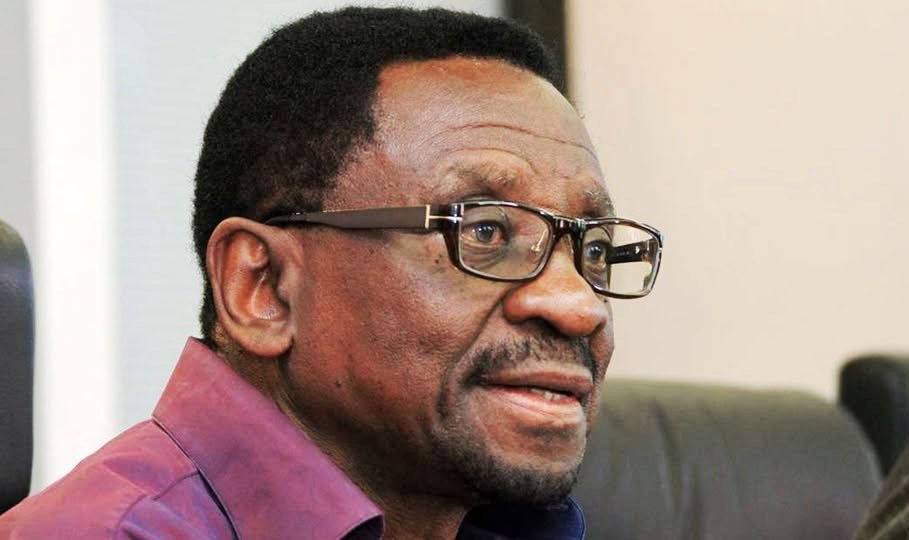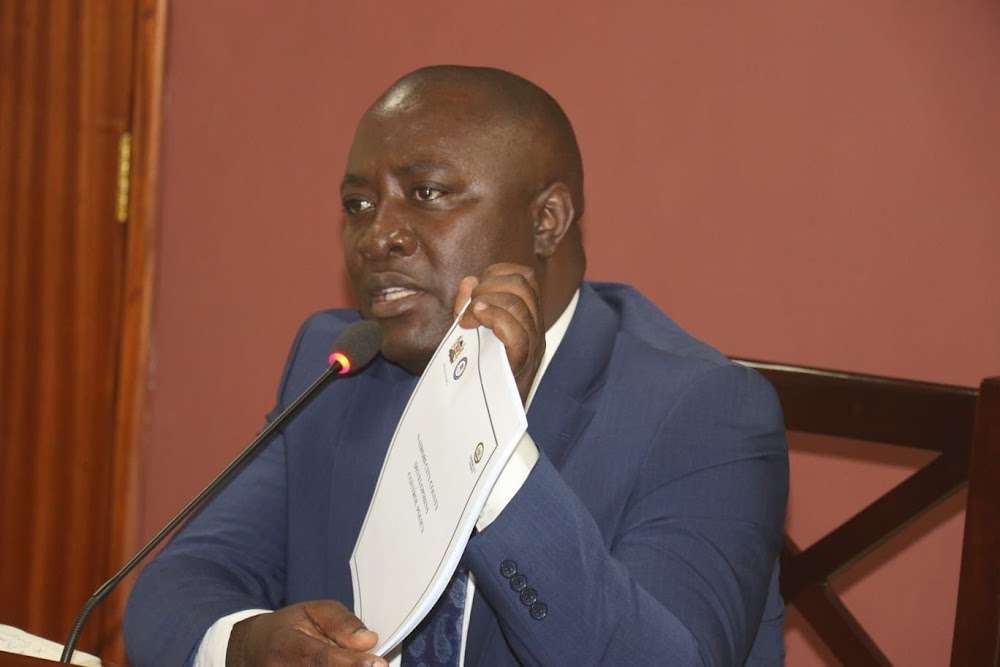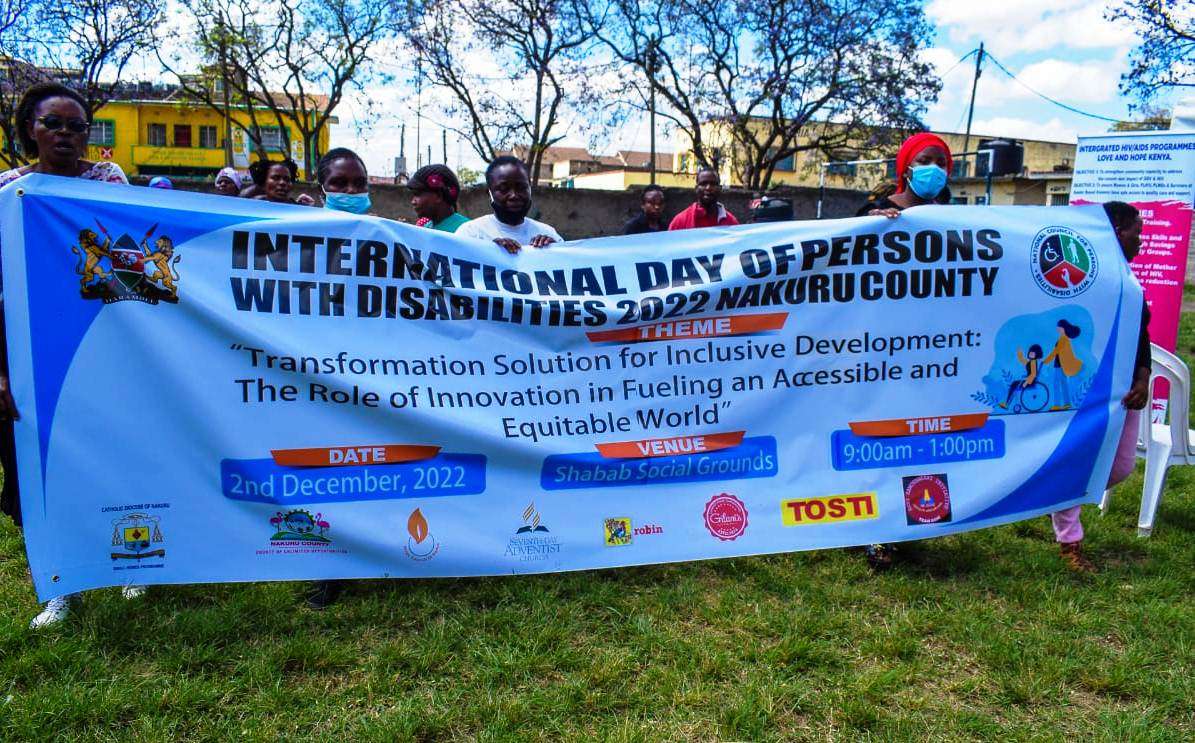Siaya Governor James Orengo is facing significant political challenges as many of his close allies are turning against him, seeking new political alliances ahead of the 2027 elections. Tensions have also heightened between Orengo and ODM party leader Raila Odinga, with the governor openly opposing Raila’s involvement in President William Ruto’s broad-based government. This stance has placed Orengo in direct conflict with Raila’s key supporters, further isolating him politically.
As a result of this fallout with his party leader, Orengo’s political position appears increasingly precarious, casting doubt over his prospects for re-election in 2027. Compounding these difficulties, his efforts to maintain political relevance are being undermined by a recent Auditor-General’s report, which has triggered an investigation by anti-corruption agencies into allegations of graft during his tenure.
Excessive Domestic Travel and Subsistence Payments
The latest audit findings reveal that the Siaya County Executive approved a payment of Ksh. 348,443,387 for domestic travel and subsistence, including Ksh. 51,744,232 disbursed to 19 staff members. A review of these payments showed that each staff member received sums exceeding Ksh. 2,000,000, suggesting they worked outside their regular stations for over 120 days in the year. Given that most of the County Executive’s work occurs within Siaya County, this expenditure appears excessive, and the validity of these costs could not be substantiated.
Questionable Transport Expenditure
Additionally, the executive authorised Ksh. 70,751,623 in payments to three travel companies for staff transportation. However, the selection process for these companies remains unclear, and the justification for the amounts paid is dubious, especially since the County Executive has its own transport department. Furthermore, staff who travelled had already received per diem allowances, raising additional concerns about the legitimacy of these expenses. Consequently, the accuracy and propriety of the transport costs could not be verified.
Irregular Payments to County Assembly Members
The report also highlighted an irregular payment of Ksh. 2,903,600 in sitting allowances to Members of the County Assembly (MCAs) for attending audit report interrogations. This occurred despite the County Assembly having an approved budget for such activities. These allowances were expensed directly without proper accounting, rendering them irregular. As a result, the value for money of this Ksh. 2,903,600 expenditure could not be confirmed.
Unsupported Training Costs
The Auditor-General further uncovered unsupported training expenses totalling Ksh. 14,596,631. A review of 426 payment vouchers revealed that these costs lacked the required training needs assessments for individual staff members, as mandated by law. Therefore, the accuracy and legitimacy of this training expenditure could not be verified.
Unsubstantiated Legal Fees
Another concern involves legal fees, with Ksh. 26,000,000 paid to a law firm for an out-of-court settlement. However, no details of the case or the basis for the settlement amount were provided for audit scrutiny. Additionally, Ksh. 4,060,000 was paid to an advocate in a civil case involving the County Public Service Board and former employees, yet there was no evidence of court attendance or itemised billing to justify these charges, as required by the Advocates Remuneration Order 2014. The County Executive also has outstanding bills of Ksh. 33,117,621 for decretal fees. Consequently, the completeness and legitimacy of legal fees totalling Ksh. 34,662,766 could not be confirmed.
Avoidable Rental Expenses
Finally, a review of rental house allowance records showed that the County Executive spent Ksh. 3,600,000 on rent for the Governor and Deputy Governor. This expenditure could have been avoided had the County Executive followed guidelines from the Salaries and Remuneration Commission (SRC), which outline housing benefits for Governors, Deputy Governors, and County Assembly Speakers. The SRC had set a deadline of 30 June 2022 for completing the Governor’s and Deputy Governor’s residences—a deadline that was not met. The management’s failure to comply with this directive constitutes a breach of the law.
Conclusion
These mounting controversies have placed Governor James Orengo in a vulnerable position. With increasing scrutiny of his administration, serious questions are being raised about his political future as both corruption allegations and political tensions continue to grow.





